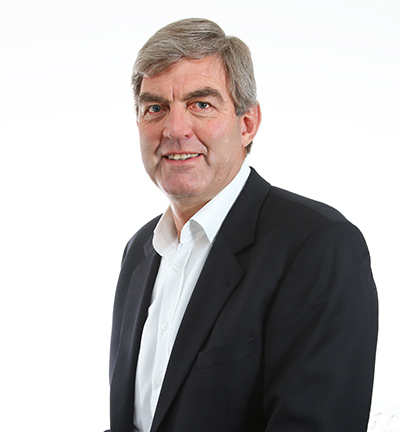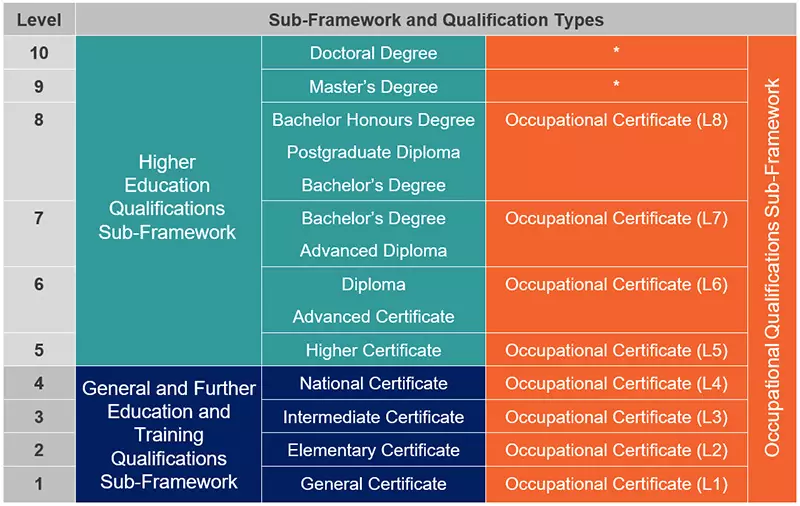Pragma’s CEO Adriaan Scheeres explains
Pragma CEO and founder Adriaan Scheeres, was busy with his Master’s degree in Information Technology when he came up with the idea of starting a consulting business in asset management. As the strategic driving force behind Pragma’s vision to become the world’s first-choice supplier of asset management solutions, Scheeres also pioneered the establishment of Pragma’s On Key software, Asset Care outsourcing solution and more.

According to Scheeres, whether your assets are personal or part of your business, it is always in your best interest to maintain them. “If you want to use your fixed assets optimally, whether it’s your car, your home, a fleet of trucks, a manufacturing plant, machinery, roads, pipelines and more, maintaining them will minimise your costs and risks. We’ve established that you can extend the life cycle of your asset up to three times if you constantly care for and maintain it. It’s become a general rule of thumb,” says Scheeres.
Scheeres explains that many businesses do not necessarily maintain their fixed assets, but rather repair them when they break. “Not only does this cost you more in time and money, but you also lose when wanting to sell your business, home or car. Buyers look very closely at what they’re buying. If it has been maintained continuously, you can ask for a higher price,” he says.
Many businesses, whether they are manufacturers or transport companies, do not reflect on the costs when their assets are not operating. Scheeres continues: “One needs to consider that your asset is making you money, and therefore costing you money when it’s not running optimally. You can easily add 30% to your production capacity and profits if your assets are well maintained.”
Scheeres is concerned about the future of South Africa. “Maintenance has a knock-on effect and service delivery was high on the agenda of many citizens during the last two elections. It’s actually quite tragic because many of our country’s assets have not been maintained properly. Eskom is a prime example. Most of the problems were due to maintenance issues where parts were not maintained or replaced in time, leading to permanent damage. Often it can no longer be repaired and needs to be replaced, leading to exorbitant capital costs. It’s the same with water and sewerage pipelines. Many towns now have enormous problems because of this. Maintenance needs to be a constant activity and top of mind. Millions of rands can be saved if this is in place.”
He believes it is every citizen’s duty to report faults to the relevant authorities. “If we all report faults within our communities, we can save on repair costs in the long run. Some of the bigger metros gave fault reporting programmes. Also, you need to be assertive when taking a taxi or bus. Ask the company when last the vehicle was serviced and whether it’s reliable and safe. When you take your car for its service, ask questions about quality control during and after the service. Ultimately, you’re the one who’ll pay for poor service delivery in the long run. A good example of citizen participation is the Netherlands. Their systems work because their citizens are exceptionally disciplined in looking after their communal and individual assets every day, month and year. It brings them together in a common goal.”
The future is not all bleak as Scheeres firmly believes the fourth industrial revolution will bring immense change. “Up to now, you couldn’t buy a car without a fixed-term service plan. In the future, your car will warn you, talk to you and remind you that it’s an asset. It will even book itself in for a service and add it to your diary. The same will apply to household appliances and audio-visual equipment. Discipline will be forced. We at Pragma are extremely excited about the possibilities it’ll offer.”
